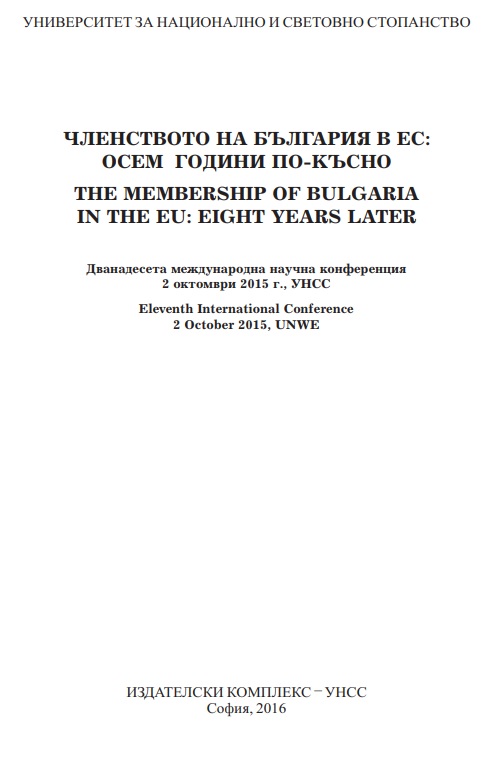Политики на количествени ограничения, провеждани от централните банки, теория за хеликоптерните пари като алтернатива и отражението им в България
Quantitative Easing Policies Undertaken by Central Banks, Helicopter Money Theory as an Alternative Policy, and Their Reflection in Bulgaria
Author(s): Petko Valkov
Subject(s): Politics / Political Sciences, Politics, Economy, National Economy, Economic policy, Financial Markets, Public Finances
Published by: Университет за национално и световно стопанство (УНСС)
Keywords: Quantitative Easing; Money Supply; Helicopter Money; Interest Rates; Economic Growth
Summary/Abstract: In the recent years, the central banks in the world initiated Quantitative easing policies as a reply to the economic downturn. The European Central Bank was the last bank to start such a policy in the February 2015. Its aim is the provide stimulus to the economic growth and to raise the inflation expectations. There are even opinions that the quantitative easing increases the wealth inequality among the population. The results are so far dubious. The inflation stays negative by the end of the 3rd quarter. The helicopter money theory emerges as an alternative policy. The paper examines the implications of these policies on the Bulgarian economy and on the government’s activities.
Book: Членството на България в Европейския съюз: осем години по-късно
- Page Range: 126-134
- Page Count: 9
- Publication Year: 2016
- Language: Bulgarian
- Content File-PDF

